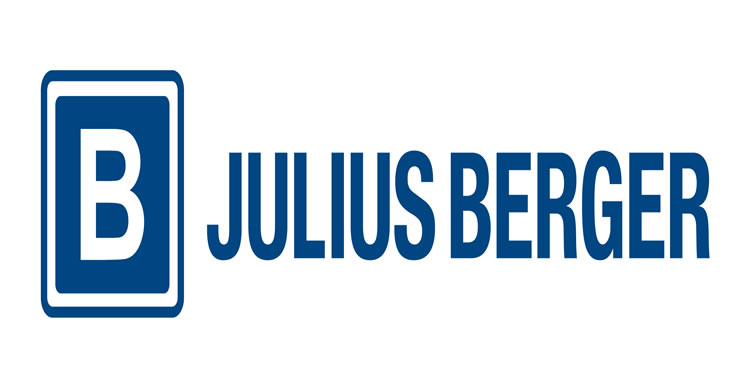Julius Berger is playing a pivotal role in reshaping Abuja’s landscape through its strategic execution of key infrastructure projects.
In a statement, the Regional Manager, Julius Berger Nigeria Plc, Oliver Berger, said as the capital city grows rapidly, the strategic infrastructure projects spearheaded by Julius Berger have contributed significantly to urban development and are improving transportation systems and economic efficiency.
He said, “We are reshaping the infrastructural landscape in the Federal Capital Territory. Right from Julius Berger’s entrance into Abuja in 1980, we have inspired development through partnership with the Federal Government on large-scale development. Now, we are taking infrastructural development to the next level.
“Some of the recent projects, completed and ongoing, are Abuja-Kubwa Expressway, Abuja International Airport Runway, Central Bank of Nigeria building, Airport Road Interchange, construction of Arterial Road N5, rehabilitation of International Conference Centre, Asokoro Hillside Multispeciality Hospital, Nigerian Upstream Petroleum Regulatory Commission, New Headquarters, Central Roads B6/B12, construction of the residence of the Vice President, and emergency rehabilitation of the FCT Minister’s residence, to name a few.
“Work is in full swing on the Arterial Road N5 (Obafemi Awolowo Way), and we’re making significant strides toward delivering this vital 4.4 km infrastructure project. With box culverts, a river bridge, and the N3/N30 junction taking shape, every milestone brings us closer to enhancing connectivity and development in the region, he said, adding, “At Julius Berger, our commitment to quality and efficiency drives every step of the journey.”
On the Nigerian Upstream Petroleum Regulatory Commission’s new headquarters, which was designed by Artec Practice Limited and is being constructed by Julius Berger, the regional manager of the company said, with the touch of Julius Berger in the project’s construction, it was speedily taking shape.
He said, “The masterpiece of the structure is an architectural landmark that embodies innovation, efficiency, and world-class engineering. From its sun-shielding façade to cutting-edge building systems, every detail is crafted to set new standards in functionality and design. Julius Berger’s road and bridge works have transformed the infrastructural outlook of Abuja, and they constructed several interchanges, such as the Airport Road Interchange, which eliminated dangerous U-turns and reduced traffic congestion.
“The modern traffic solutions replaced old junction systems that were inadequate for the increasing population and vehicle numbers. These projects have combined to expand Abuja’s arterial road networks and enhance mobility, and they are easing access to various districts, and the upgrades have helped maintain continuity in transport services and improved road safety. In a rapidly growing city like Abuja, effective traffic management is crucial. Julius Berger has addressed this need by constructing several critical bridges and flyovers. The Jabi Lake Bridge and the Nyanya-Karu flyover are prime examples of how the company has alleviated traffic congestion, facilitating smoother commutes for residents and visitors alike. One of the most significant contributions of Julius Berger to Abuja’s infrastructural landscape is road development.
“The company has been instrumental in the construction and rehabilitation of major highways and roads, enhancing connectivity within the city and to neighbouring regions. Notable projects include the Abuja-Kaduna Expressway and the Nnamdi Azikiwe International Airport access road, which have improved transportation efficiency and accessibility. Beyond transportation infrastructure, Julius Berger has played a vital role in the construction of public buildings and facilities in Abuja. The company has been involved in the development of modern educational institutions, hospitals, and government buildings, fostering a conducive environment for learning and public service. Projects such as the Nigerian National Mosque and the Nigerian National Christian Centre highlight Julius Berger’s capacity to blend functionality with architectural beauty.”















